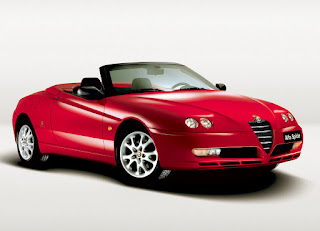Our
adorable ten year old daughter seems to relish more than ever the unwrapping of
Christmas presents, but, surprisingly, it was the Jellytots that seemed to
create the most immediate joy. So I thought I’d re-publish my blogpost about
their launch. It was the first that I published – on 27 October 2009 and
doubtless had a microscopic readership then:
When I left JWT, where I’d had a very menial series of jobs
starting with the mail room, I was lucky enough to land my first real break in
“adland”, as Assistant Account Executive on what was then the UK’s largest
single TV advertiser, Rowntree’s. I was twenty-three.
It shows the subservient role that innovation had then, that while the experienced folk were managing the main established brands, I was immediately assigned to the two new ones in the pipeline, a carbonated soft drink brand called POP (that sank without trace), and a small round fruity sweetie in a bag aimed at young children and their concerned mums.
That one, Jellytots, passed its fortieth birthday two years ago. Tightly targeted, it was never going to be a major player, but the fact that it still holds the stage is testament to the clarity of thinking and creative expression, in both company and agency, that went into the brand’s initial strategy, product, packaging and advertising.
Rather extraordinarily, Jellytots was the favourite of my now seven year-old when she was around four.
There is no doubt that I learned massive amounts about what works and what doesn’t in innovation from that seminal experience long ago.
It shows the subservient role that innovation had then, that while the experienced folk were managing the main established brands, I was immediately assigned to the two new ones in the pipeline, a carbonated soft drink brand called POP (that sank without trace), and a small round fruity sweetie in a bag aimed at young children and their concerned mums.
That one, Jellytots, passed its fortieth birthday two years ago. Tightly targeted, it was never going to be a major player, but the fact that it still holds the stage is testament to the clarity of thinking and creative expression, in both company and agency, that went into the brand’s initial strategy, product, packaging and advertising.
Rather extraordinarily, Jellytots was the favourite of my now seven year-old when she was around four.
There is no doubt that I learned massive amounts about what works and what doesn’t in innovation from that seminal experience long ago.











































